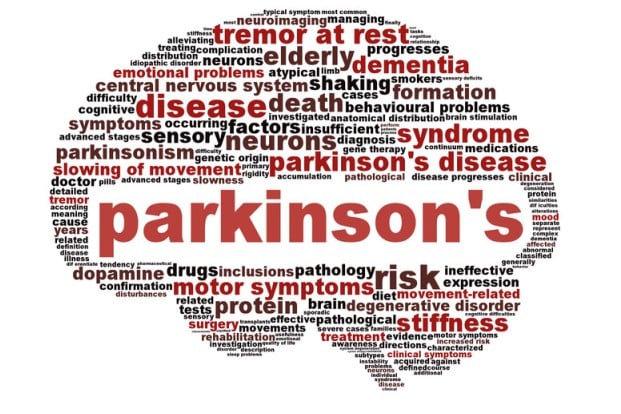Parkinson's Disease: Causes and Complications
Apr 19, 2022
Causes
In Parkinson’s disease certain nerve cells (neurons) in the cerebrum bit by bit separate or bite the dust. A considerable lot of the side effects are because of lost neurons that produce a concoction delivery person in your mind called dopamine. At the point when dopamine levels decline, it causes strange mind action, prompting manifestations of Parkinson’s malady.

The reason for Parkinson’s ailment is obscure, yet a few elements seem to assume a job, including:
- Your qualities. Analysts have distinguished explicit hereditary changes that can cause Parkinson’s sickness. In any case, these are exceptional aside from in uncommon cases with numerous relatives influenced by Parkinson’s malady.
In any case, certain quality varieties seem to expand the danger of Parkinson’s sickness yet with a moderately little danger of Parkinson’s infection for every one of these hereditary markers.
- Environmental triggers. Presentation to specific poisons or ecological variables may expand the danger of later Parkinson’s infection, yet the hazard is moderately little.
Complications
Parkinson’s illness is frequently joined by these extra issues, which might be treatable:
- Thinking troubles. You may encounter intellectual issues (dementia) and thinking challenges. These generally happen in the later phases of Parkinson’s sickness. Such psychological issues aren’t extremely receptive to prescriptions.
- Depression and enthusiastic changes. You may encounter melancholy, some of the time in the all around beginning periods. Getting treatment for wretchedness can make it simpler to deal with different difficulties of Parkinson’s infection.
- You may likewise encounter other enthusiastic changes, for example, dread, tension or loss of inspiration. Specialists may give you drugs to treat these side effects.
- Swallowing issues. You may create challenges with gulping as your condition advances. Salivation may aggregate in your mouth due to hindered gulping, prompting slobbering.
- Chewing and eating issues. Late-arrange Parkinson’s malady influences the muscles in your mouth, making biting troublesome. This can prompt stifling and poor sustenance.
- Sleep issues and rest issue. Individuals with Parkinson’s ailment regularly have rest issues, including awakening oftentimes for the duration of the night, getting up right on time or nodding off amid the day.
- Individuals may likewise encounter quick eye development rest conduct issue, which includes showcasing your fantasies. Drugs may help your rest issues.
- Bladder issues. Parkinson’s ailment may cause bladder issues, including being unfit to control pee or experiencing issues peeing.
- Numerous individuals with Parkinson’s illness create clogging, chiefly because of a slower stomach related tract.








